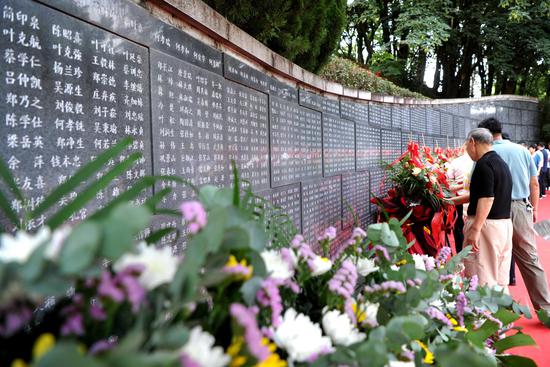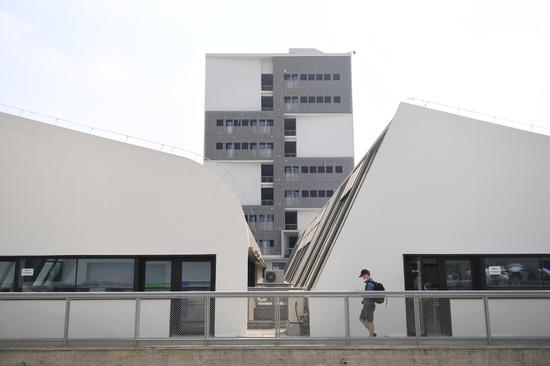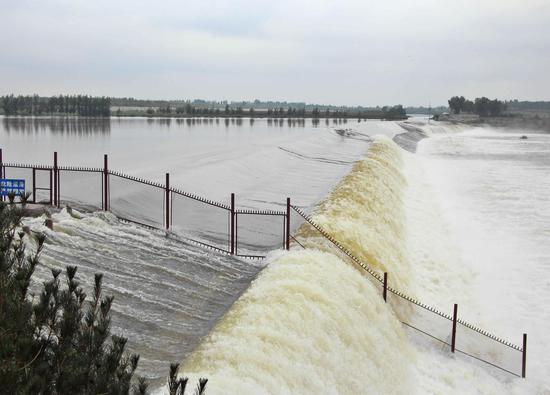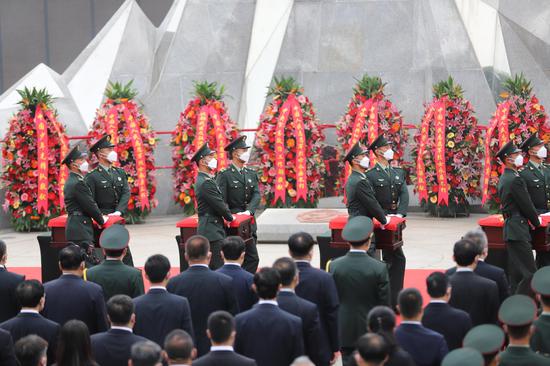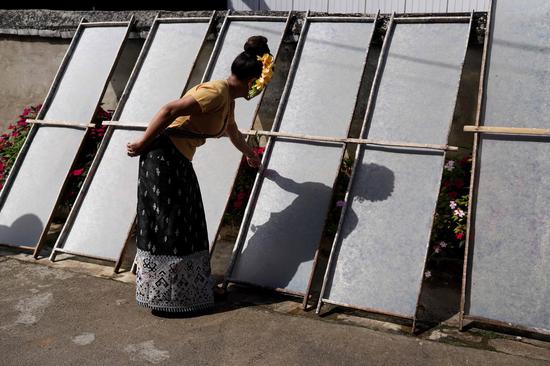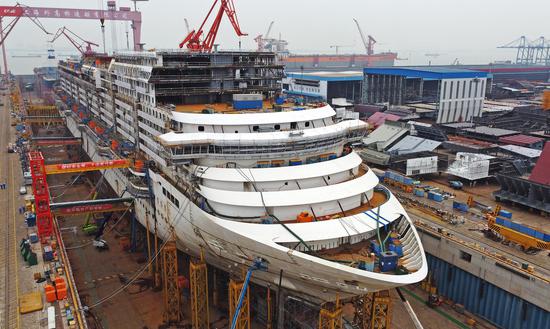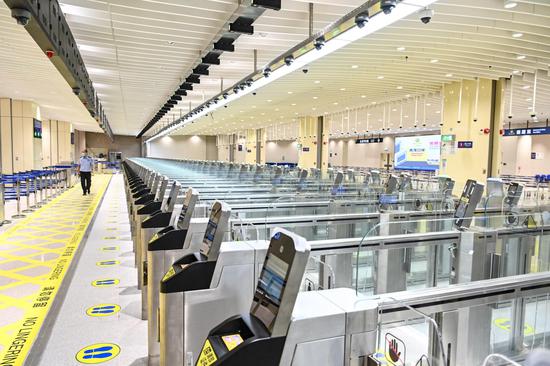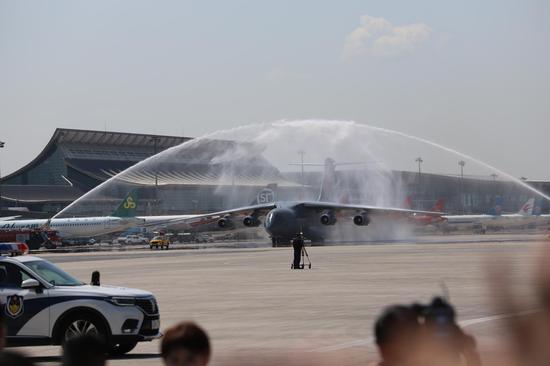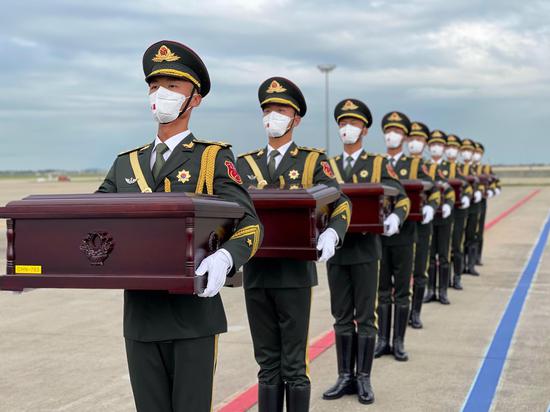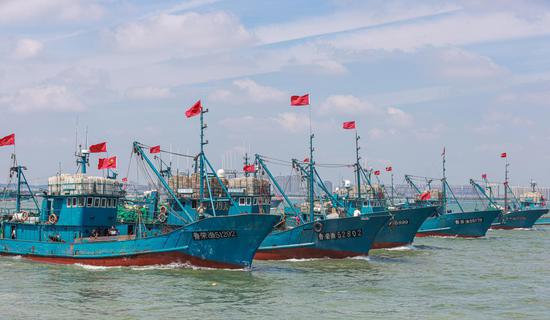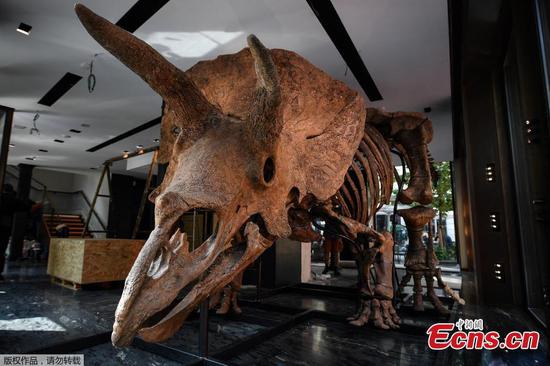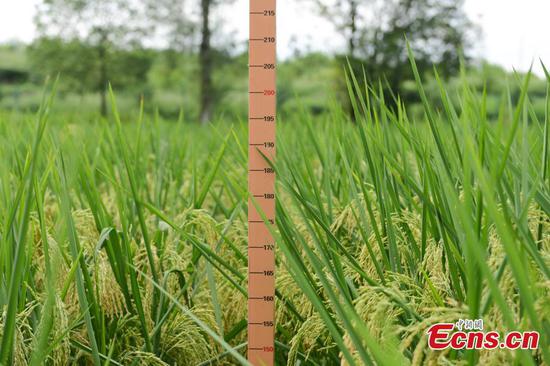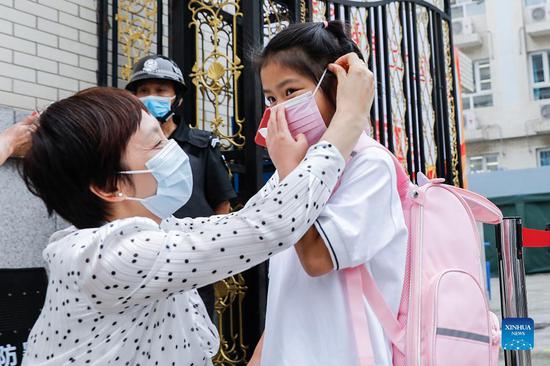Foreign ministers of the European Union (EU) on Friday set five conditions on which the bloc will engage in cooperation with the Taliban in Afghanistan.
For the EU to operatively cooperate with the Taliban, Afghanistan must fulfil its commitment that the country will not serve as "a base for the export of terrorism to other countries," the bloc's foreign policy chief Josep Borrell told journalists after the end of the two-day informal meeting of EU foreign ministers here.
The second will be respect for human rights, especially women's rights, the rule of law and freedom of the media, he said.
"The third condition will be the establishment of an inclusive and representative transitional government, resulting from negotiations between political forces in Afghanistan," he said.
Providing free access for humanitarian aid will be the fourth, Borrell said.
The last benchmark is the Taliban's fulfilment of their commitment about the departure of foreign nationals and Afghans at risk who wish to leave the country.
"To carry out the evacuation and assess the fulfilment of the above benchmarks, we decided on coordinated action, and we will be in contact with the Taliban, also through the EU's common presence in Kabul which will be coordinated by the External Action Service, but only if the security conditions are met," the EU official said.
He stressed that these are not formal conclusions as the meeting is informal in nature.
Slovenia's Foreign Minister Anze Logar, who co-hosted the meeting alongside Borrell, said the five conditions will inform all future discussions at the EU level. He said members states would not like a repeat of the migration situation in 2015 and 2016.
On Friday, the ministers also discuss EU-China relations and EU cooperation with the Indo-Pacific region. According to Borrell, the EU and China need to work together on Afghanistan, trade and economic issues.











